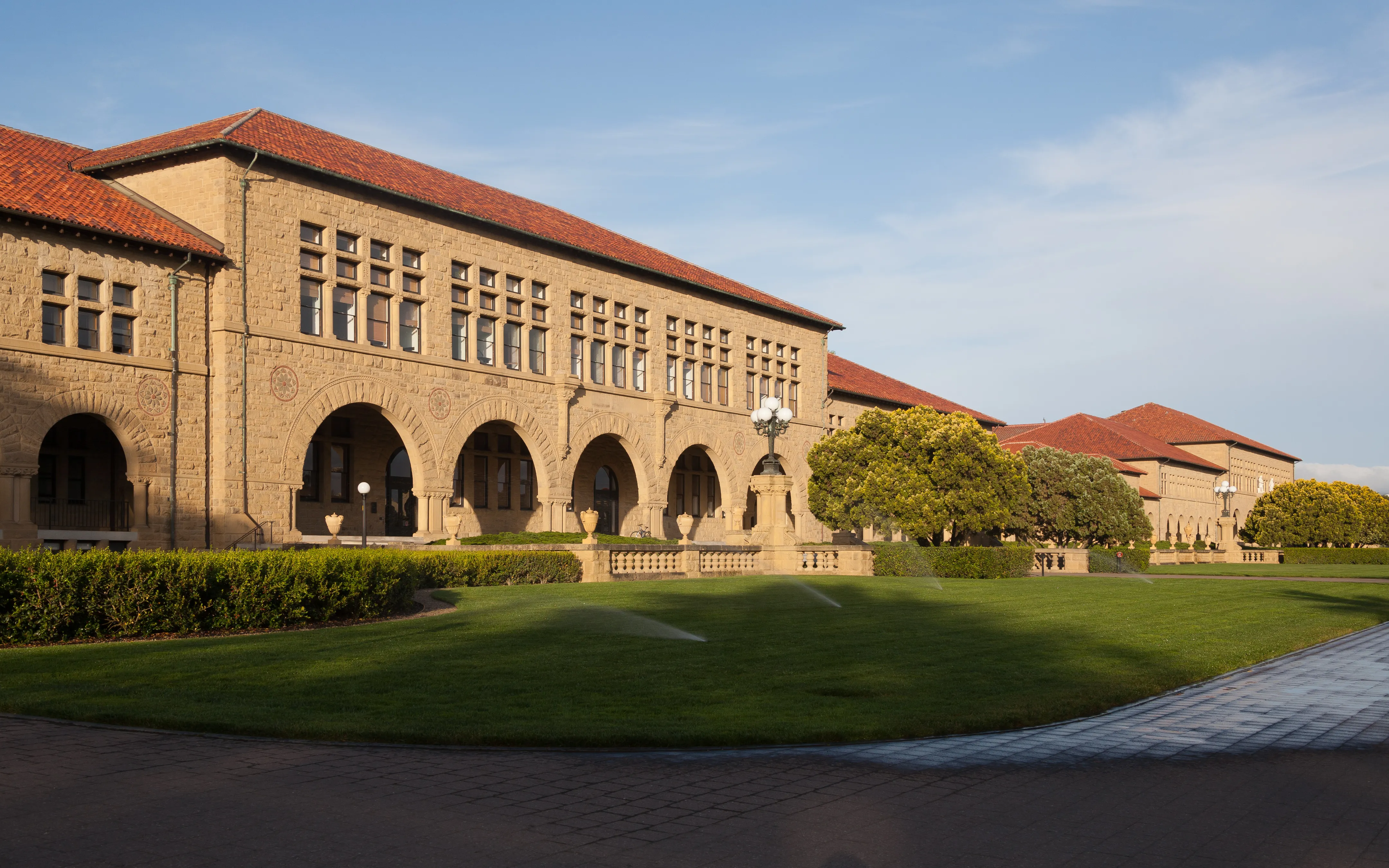Lecturer cancels class citing family matters, University declines to comment on “individual personnel matters”

By Sam Catania on September 24, 2020 in The Stanford Daily
The U.S. Securities and Exchange Commission (SEC) fined Stanford economics lecturer Alex Gould J.D. ’00 more than $700,000 after he allegedly misappropriated funds from a venture capital fund that he advised.
Less than two weeks after the SEC publicly released records indicating that Gould had settled the case, students in Gould’s economics class, ECON 111: “Money and Banking,” received an email from Gould and Economics Department Chair Douglas Bernheim saying the class had been cancelled because Gould needed “time to focus on family during very uncertain times.”
A spokesperson for Gould told The Daily that Gould “settled intentionally with the SEC” in order to “contain the exposure publicly and privately for his investors and his family.” The spokesperson declined to comment on whether they had worked with Gould prior to the SEC charges.
According to the SEC filing, Gould “willfully violated” Sections 206(1) and 206(2) — which regulate prohibited transactions by investment advisers — of the Advisers Act when he misappropriated over half of the “total capital invested” in Goulden Boy LLC, a private venture capital fund Gould founded and advised. The SEC alleged that “Gould used the misappropriated funds to repay a debt that he owed to another fund he had managed and to pay for other personal expenses, including travel.” Gould was fined a disgorgement of $476,033 plus prejudgment interest and a $200,000 penalty.
An SEC spokesperson declined to comment on the matter.
In a statement provided to The Daily by Gould’s spokesperson, Gould said, “The past three years have been the most challenging time for me – up until this civil action, built an investment business grounded in ethics, regulatory compliance and financial success. I cannot begin to thank the legions of business and academic colleagues, investors and, most importantly, my family for their unceasing confidence, support and generosity. It is now time for me to look ahead with vigor, wisdom, and humility.”
Two of Gould’s former students expressed doubts about the given reason as to why the class was spontaneously cancelled. Lucal Simones ’22, who was a student in Gould’s ECON 111 class before it was cancelled, wrote in an email to The Daily that “No one truly believes the email after finding out about the SEC case.”
“Everyone knew the email was a cover up,” Simones wrote.
Gould’s spokesperson said the reason listed in the email to students as the cancellation of ECON 111 was accurate.
Another former student of Gould, who asked to remain anonymous due to fear of retaliation from economics professors, wrote in an email to The Daily that “it would be in the University’s best interests to disaffiliate with Gould.”
“I think it would be rather ironic for Gould to teach courses on finance (that involve learning about the role of regulation) given these circumstances,” they wrote.
Simones expressed a similar sentiment, writing, “The details of the SEC violation show that Gould’s actions were not a mistake and deliberate… The University should probably investigate the case a bit more and release a statement condemning his actions.”
When asked if the University planned to condone Gould’s actions, University spokesperson E.J. Miranda declined to comment, writing that the University “cannot discuss details of individual personnel matters.”
Miranda emphasized that Gould is not — and has never been — a professor at Stanford. Lecturers generally only work for the University in the “short term,” according to Miranda, who defined “short term” as one academic year or even only one quarter.
However, a spokesperson for Gould wrote that Gould “has a 27-year history with Stanford and is in good standing.” The spokesperson told The Daily that Gould has every intention of continuing to teach at Stanford for the foreseeable future.
Miranda also declined to comment regarding students who say they believe the University should disaffiliate from Gould, and declined to comment in response to students who alleged that the University was trying to “cover up” Gould’s case.
A previous version of this article used a photo of the Stanford Institute for Economic Policy Research (SIEPR). Gould was not affiliated with SIEPR. This article has been updated to use a photo of Stanford University’s Main Quad.
Contact Sam Catania at samcat ‘at’ stanford.edu.
